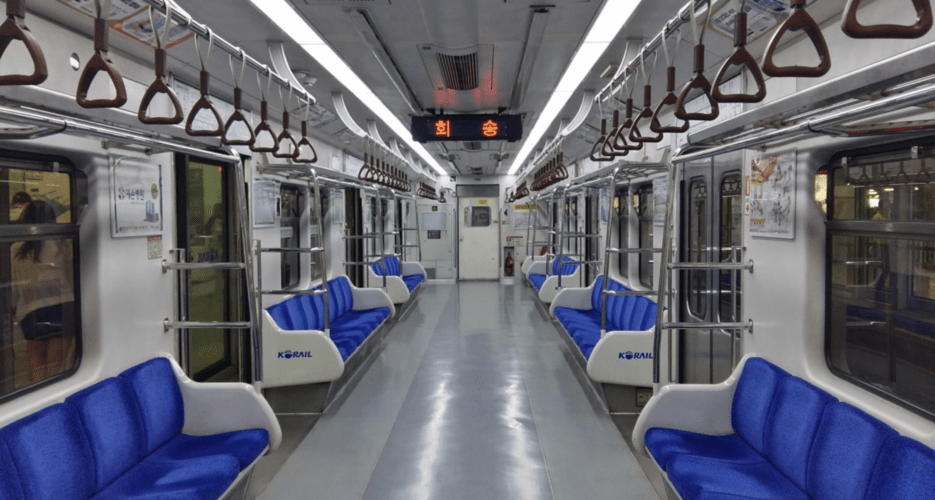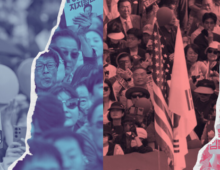Aging population is forcing policymakers to reevaluate popular senior welfare programs introduced decades ago
South Korea faces significant challenges in maintaining its current senior welfare policies, particularly free subway rides for senior citizens. Current policies not only threaten the country’s fiscal sustainability but also raise questions about the nation’s ability to cope with a rapidly aging population.
As the elderly population continues to grow and the birth rate remains low, policymakers are confronting questions about how to address these risks and consider alternative solutions to ensure the long-term viability of senior welfare programs.
South Korea faces significant challenges in maintaining its current senior welfare policies, particularly free subway rides for senior citizens. Current policies not only threaten the country’s fiscal sustainability but also raise questions about the nation’s ability to cope with a rapidly aging population.
As the elderly population continues to grow and the birth rate remains low, policymakers are confronting questions about how to address these risks and consider alternative solutions to ensure the long-term viability of senior welfare programs.
Get your
KoreaPro
subscription today!
Unlock article access by becoming a KOREA PRO member today!
Unlock your access
to all our features.
Standard Annual plan includes:
-
Receive full archive access, full suite of newsletter products
-
Month in Review via email and the KOREA PRO website
-
Exclusive invites and priority access to member events
-
One year of access to NK News and NK News podcast
There are three plans available:
Lite, Standard and
Premium.
Explore which would be
the best one for you.
Explore membership options
© Korea Risk Group. All rights reserved.
No part of this content may be reproduced, distributed, or used for
commercial purposes without prior written permission from Korea Risk
Group.












